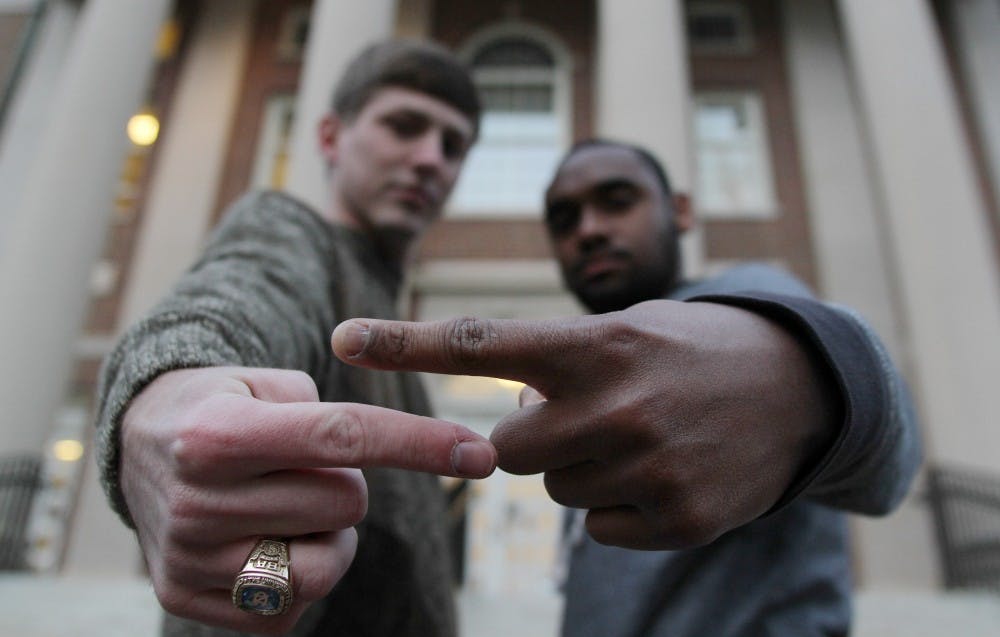With the Defense of Marriage Act, the court is debating the right of married gay couples to receive certain federal benefits, while the Proposition 8 case directly concerns the rights of gays to marry.
Stuart Campbell, executive director of Equality N.C., said he is hopeful for a broad decision in both cases.
“This is an opportunity for the court to say that it’s not OK for you to have legal status in one state, then cross a border and not have the same rights,” he said.
Isaac Unah, a UNC political science professor, said narrow rulings, which would allow states to continue determining marriage laws by popular vote, could cause more conflict in the future.
“If the court wants to avoid future lawsuits, that’s a reason (to make a broad decision),” he said.
But Holning Lau, UNC law professor, said striking down the Defense of Marriage Act would only affect states that already allow gay couples to marry.
“Gay couples in this state wouldn’t get most federal government benefits regardless,” he said.
Lau added that even if Proposition 8 were declared unconstitutional, the ruling might only apply in the eight states, including California, where gay couples already receive state benefits from domestic partnerships and civil unions.
The decision would only affect North Carolina residents if the court rules that same-sex marriage bans are unconstitutional, Lau said.
“In preserving its legitimacy, the court tends to take a more incrementalist approach,” he said.
Public opinion has shifted dramatically on gay marriage in the last decade.
A Washington Post/ABC News poll March found that 58 percent of the country now supports gay marriage, compared with 37 percent in 2003.
To get the day's news and headlines in your inbox each morning, sign up for our email newsletters.
And in the past year, President Barack Obama, as well as some businesses and prominent Republicans, has come out in favor of same-sex marriage.
Still, Campbell said he agreed with Lau that gay marriage in North Carolina and dozens of other states might be a long way from becoming legal.
“It’s not necessarily going to change overnight,” he said. “Regardless of how broad the court’s decision is, for years to come there will be efforts to discriminate.”
Ryan Anderson, a researcher for the Heritage Foundation, a right-leaning think tank in Washington, D.C., said the organization will continue defending traditional marriages, no matter what the court rules.
“People are free to live and love as they choose,” Anderson said, “but no one has the right to redefine marriage for an entire nation.”
The court will finish hearing the cases today, although the justices are unlikely to make any rulings before June.
Contact the desk editor at state@dailytarheel.com.



